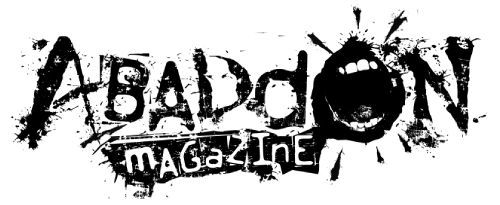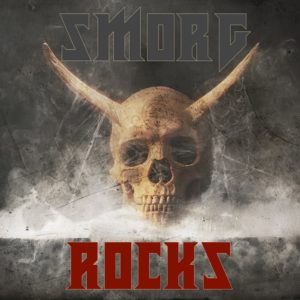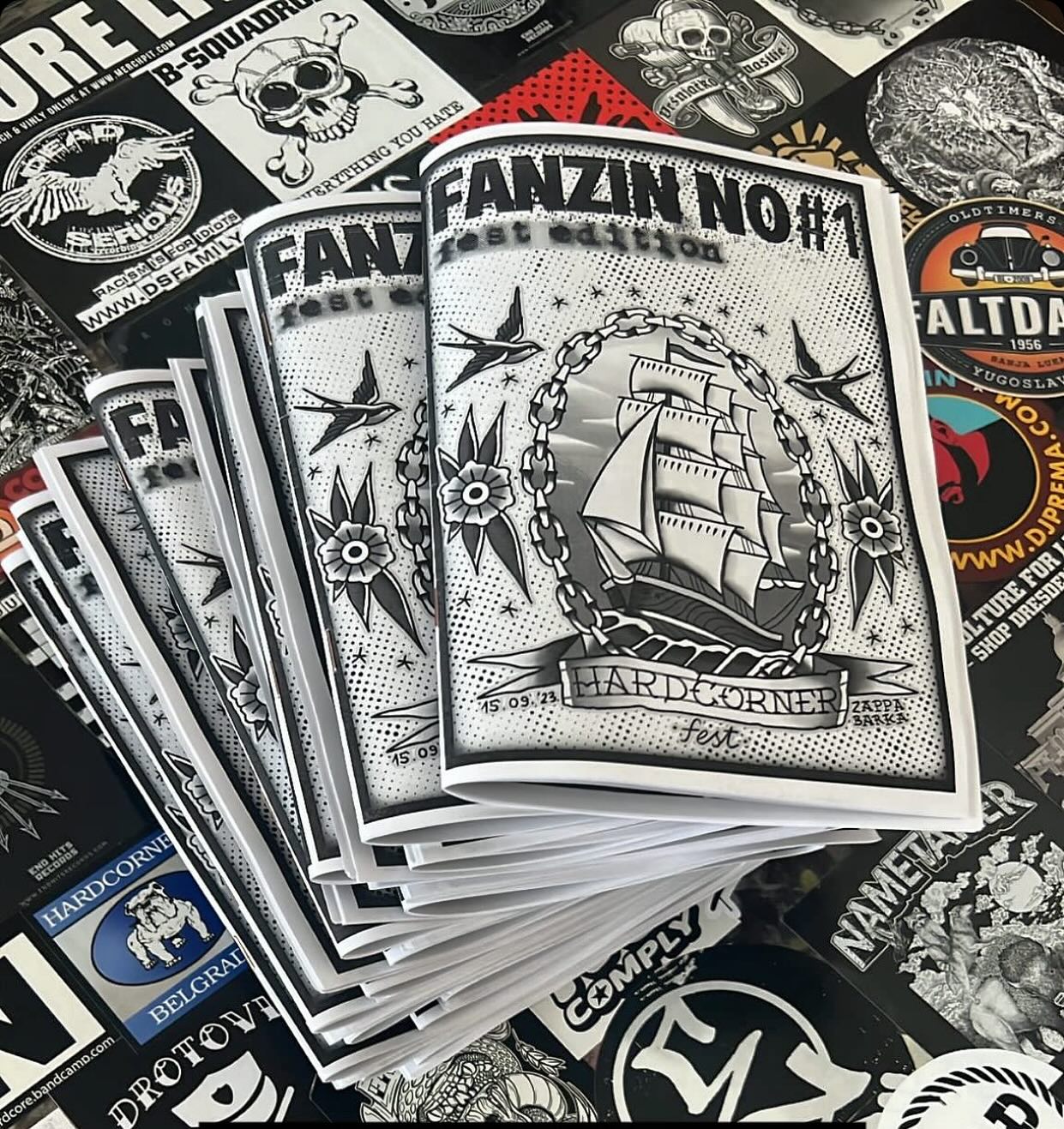Folk metal in my life has multiple roles. As a young folk dancer without internet a while ago, between my rehearsals I was thinking how wonderful it would be to combine metal and folk melodies without any knowledge of a subgenre that exists from the ’90s… Many years passed and I discovered Orphaned Land, later Arkona which is now still my favorite band and the rest is history. As a metalhead of course I am not focused only on folk metal but that genre it’s something that really defines me. If you can imagine how a typical fan of folk metal looks, that picture just popped in your head. That’s exactly me. My first review was also about a band in folk metal (Haspyd) so that’s a small piece of the metal world I like the most. Between my favorite albums on the YouTube playlist, once in a while something new comes up. By listening to Dirty Shirts from Romania something with a really beautiful cover photo showed up called E-an-na also from the same neighborhood, Romania. And no, they are not Drakula’s cousins (I think). My research was really fundamental and E-an-na became present in my life in every free moment. I am honored to have the opportunity to talk with E-an-na.
Ladies and gentlemen, greetings from Serbia! Thank you for this opportunity to talk about your band E-an-na and your plans for the future. I am honored and really excited for this interview!
Let’s begin with the most typical question ever. What does E-an-na mean? Is it Romanian and why exactly is that name for a band?
Andrei Oltean: Hey, first of all thank you for inviting us to this interview. Well, yes, indeed it is a fairly common question. “E-an-na” comes from ancient Sumerian, where it was intended to mean something along the lines of “home of the skies”. It was used to refer to Ishtar’s temple, but we transformed this concept to mean a world crafted by us during the last 10 years, a world focused on music & creativity, rather than all the mundane things that slowly pile up and erode our very vitality. Everyone (nice and well-intended) is welcome in our world.
Ban Ovidiu: Because honestly it was the only one we managed to find that felt right, almost like it was meant to be. I remember we were driving home from from sightseeing 10 years ago and Andrei told me this name and I was like: “That has to be the one!”.
Roxana Amarandi: Hey and thank you for this really nice opportunity to make ourselves heard beyond Romanian borders. I admit I wasn’t there when the name of the band was decided, but I can wholeheartedly state that to me, it has come to mean exactly what Andrei said: a safe space where anyone can manifest in their own creative way.
Under my humble opinion, your band plays folk metal but its actually pretty sincretic sound that has jazz, rap, oriental, slavic, metal riff ect. Some people are pretty confused when they listen to you for the first time. There is a very big difference in albums but also in one song we can hear a few genres. So, my question is what exactly do you guys play?
AO: Well, for a while now we labeled ourselves as Mioritic Metal. I’ll talk about the meaning when answering the next question. The thing is, as you well pointed out, that we bask in a number of different genres. We started out as curious and creative musicians, and I guess that curiosity just never died. We’re 7 individuals with rather strong personalities and differences when it comes to musical/artistic taste, and this is the result. We don’t really shy away from bold moves. Some people weren’t ok with that as the years passed, but I think a great deal of those that still support us are doing so exactly because of our musical cognitive dissonance. Life’s beautiful and it’s a shame not to taste a lot of it. We may not excel at every genre that we tackle, but we sure as hell enjoy doing it.
BO: We try to play music that excites us to perform live and that makes us feel like we are our number one fans. It has to feel good for us in the first place. We just don’t like to follow music genre specific rules because it feels very limiting. Why can’t I have an EDM song with breakdown on the same album with a doom metal inspired song followed by a hip hop song ?
RA: The most exciting thing about making and playing music as a passion is that you get to explore many, many sides of creativity and break genre barriers. And you grow at the same pace as your music or the art that you feel closest to you. And that, of course, changes with time. I guess you can say that the genre which would describe our music best is metal, but I would say it’s much than that. It’s music from the heart. We explore so many musical directions, and we try to integrate them as best as possible in our creations, as to sound authentic to ourselves.
What is a Mioritic Metal?
AO: Mioritic Metal is an answer to the situation described above. Sort of like an own brand. Alex Moga, the fantastic artist who created our logo is the one who came up with the idea back in 2015, and we just stuck with it. I mean sure, it helps to label a band into a certain category (there’s a lot of folk metal in what we do, I guess), but you don’t have to box it in. The term “Mioritic” doesn’t have an exact translation, but it refers roughly to the lexical field of, I don’t know exactly how to describe it… “Shephedness”? Like all the rough, rugged, mountainous environment that comes with the life of a shepherd. It’s something secluded, filled with wonder, nature, peace & silence, hardships and loneliness, all that good stuff.
Do you use famous Romanian melodies in your songs or do you make new ones based on elements that are characteristic for a specific ethnomusical area? As a fan of Romanian folklore can you recommend some of your famous folk melodies?
AO: Seldomly. We used some popular tunes for Tinca Popii and Sârbă Ciobănească (these are actually their original names), but I don’t think we did that ever since. Maybe “Hora Bucureştilor”, but that’s not traditional, just old. However, yes, from an ethnomusicological point of view, we kept integrating such stylistical motifs, timbres, and ideas.
Regarding recommendations, there was a great YouTube channel with old recordings, called Fabr1s. This type of music has seen quite a revival and makeover in the mainstream Romanian scene in the last 10 years, with large bands like Subcarpaţi or Lupii lui Calancea contributing to this wave (along lesser-known-but-not-quite-obscure bands such as E-an-na and Dirty Shirt, sic).
But I’d also like to recommend some instrumental “lăutărească” (music rather of the suburbs than of villages), where I have a particular inclination for accordion-based music (obviously). Here are some legendary names of the 20th century: Ilie Udilă, Marcel Budală, Fărâmiţă Lambru, Victor Gore, Bebe Şerban. Since we’re doing this interview for a Serbian magazine, I’d also like to make an honorary mention from you guys, namely Lelo Nika.
Can you tell me which metal artists have the biggest influence on E-an-na’s music?
AO: We’re 7 members, you’ll get at least 7 different answers. Maybe not all metal. Personally I had quite a metal (especially folk and black) upbringing, and up there on the essentials podium will forever be Arkona and Eluveitie, most notably with their stuff from the 2000s, but also bands like Dimmu Borgir, Vintersorg, Windir, Moonsorrow, etc. In 2014, when I was writing the first demos with Ovidiu (tens if not hundreds of songs, most of them never saw the light of day), we were really into Gojira and the likes. However, influences are ever changing. It’s autumn now, on the brink of winter, which means I return to my more misanthropic self, with inclinations towards stuff like Draconian, Anathema, Exiled from Light, MDB, etc.
BO: I love metalcore stuff a lot as I grew up with the more modern bands so my influences include bands like BMTH, Architects, Asking Alexandria, The Devil Wears Prada and other bands you will find at an EMO party.
RA: I do admit one of my biggest influences in my particular type of singing is Maria Tănase, who can easily be considered one of the greatest female Romanian singers of all time, although obviously not in metal. Do check her out though, the emotion she manages to convey with her voice is absolutely breathtaking. In metal, I would say Leprous is the heaviest influence on what I contribute to E-an-na in terms of vocals, as well as Korpiklaani, Eluveitie and Ne Obliviscaris when it comes to violin. But as Andrei pointed out, times and tastes are constantly changing, so now I’m continuously discovering new things on top of what I’m used to.
All three albums you published are the story for themselves. I can recognise a net that connects all of them but how come three different styles in all three?
AO: It just happened. As I see it, there’s no great masterplan behind it, it’s just how we evolved. However, we do take care to build that net.
BO: Sometimes looking back at them they just feel to be some kind of natural evolution.
RA: When you start writing or interpreting new songs, you actually never know what will come out. You just know you have something to say and want to say it as close to how you feel it. And we’re becoming better and better at shaping how we say things through music.
You were in a popular TV show called Romania’s Got Talent in 2023 and also in the Eurovision semi-finals in 2022. You managed to be one of a few metal bands on those shows. From that exemple I concluded that your country accepted you very well because those are shows for commercial popular music but did those shows help you to be more popular in Romania and further?
AO: We definitely had a boost in the Romanian scene by doing these events.. And the Eurovision stuff gave us quite some visibility internationally too. I guess we’re part of pioneering a line-blurring campaign. Metal doesn’t have to be isolated from everything else. Doesn’t need to lose its identity either. There are infinite ways to acquire that balance.
BO: I think they were very cool because we almost constantly felt like people judged us because they consider doing something like this illegal and it makes it even more fun. But the truth is that at the end of the day people would like metal more if they had access to it, or metal itself wouldn’t constantly try to hide itself from non metalheads.
RA: The exposure definitely helped, but the thing that gave us the most boost was the controversy, as Ovidiu pointed out. After those experiences, which were quite amazing by the way, people started listening to us or coming to our concerts out of curiosity, which I find really heartwarming, since that’s exactly what we strive to encourage through our music. And most of them stuck around through our creative transitions ever since, so I think participating at these shows was a very good call.
To me you are not the first band with that syncretic metal style, from Romania there is Dirty Shirt, from America there is Kultur Shock ect but you are not a conventional metal band, so, how did the metal community in Romania react to your appearance on the scene?
AO: It was crazy. 2015 and 2016 were insane years for social media platforms that now are considered relatively boomer-esque. Every bullshit photo I posted got like 6-700 likes, and our visibility was quite huge. We have to remember this was before the Cambridge Analytica scandals, in the advent of GDPR and the ever-increasing voracity of social media overlords making you pay for every bit of visibility. As a result, we effectively blew up when we first released our debut single, “Jiana”, which was very technical but also quite well done for a new band at the time. It was something people hadn’t really heard before, and from that moment onwards, we kept growing. In 2016 we started doing live shows as well. Our performance kind of sucked, but our shows were packed and there was an insane energy (which hasn’t been lost until now), so we grew through live shows as well. I think being unconventional has rather helped us.
BO: I feel like they probably did not expect such a band to appear. We started as a very very small snowball that never stopped growing into an avalanche. We were ourselves; we were doing vlogs, we were talking with people because we did not want to be “cool” we wanted to have fun and we wanted to be sincere rather than being “rockstars” so we were very genuine with fans and they fell in love with us.
RA: Our journey was definitely filled with ups and downs. At the beginning it was incredible, people literally ate everything we put on the table. Now some people are disappointed that we don’t have the same sound as we did back in 2015, but I think that’s plain refusing to understand artist growth. I would not change anything in our musical journey that led us to where we are today.
You had concerts at big metal festivals in Europe like Wacken, the dream of every metal band. What is your experience as a band in those festivals and did you have a chance maybe to meet your metal influences?
AO: We kicked ass, of course, and returned home with the 2nd place, which was a great achievement not only for us, but for the Romanian metal community as well. The experience was extraordinary, and I believe it showed us that we can do stuff one may only dream of, that no dream is too big if you put in the work. As for meeting other artists: we met so many great people I’ve honestly lost count. I particularly remember being ecstatic about taking a pic with George Kollias from Nile.
BO: It rained a lot. I felt like my heart would jump out of my chest during the last song when everyone started singing and jumping even without knowing us prior to the festival. I’ll never forget that.
RA: The overall experience was amazing. I remember I said to myself I would enjoy every bit, and I definitely did. What happened backstage was also incredible, and I think it was the first time we had the chance to work with incredibly well-prepared staff. We got to meet a lot of awesome and talented bands from other countries with which we talk to even to this day, not to mention some of our idols.
Honest respect because you sing only in Romanian language which is really unique whenever I hear it. It has something mystic when you sing on it. We are used to folk metal bands who sing mostly about mythology, ancient glory of some nation or nature. I think that E-an-na is something more. So, what is the main subject you are singing about?
AO: We did start out with some more nature-oriented themes and also mythological philosophy, but gradually our lyrics turned more and more towards the intimate, the innermost thoughts. There isn’t one main subject across our discography, but I think there is a tendency towards addressing stuff that we feel or ponder upon in a manner that other people may also resonate with.
BO: I like to write about things that resonate with me. I love nature, I love how beautiful the world itself is, but I can’t write about that all the time. Sometimes life is hard, sometimes life feels like it has no meaning and that it’s a never-ending circle of suffering and I want to be honest when I write lyrics.
RA: My main goal when writing or interpreting E-an-na songs is to deliver the listener in a certain emotional state. It can be anything, really – sadness, power, disgust, frustration, love, respect, to name a few. We don’t currently have a recurring theme, and I don’t think we ever will. There are so many things to tell stories about in music.
Your album “Nomad” is prepared to see the light of the day on 22nd of November this year. What are your expectations?
AO: The first live show from the “Nomad” cycle is on the 22nd, that is correct.
RA: The album is actually coming out on December 10th on all streaming platforms, but we’re starting the tour a bit earlier, hence the first concert being on the 22nd of November. As far as expectations go, I can wholeheartedly say that it has already surpassed mine. It’s an absolutely beautiful album, filled with bits of each and everyone of us.
I listened to your new singles from your new album called “Samsara”, “Efemer” and “Scrum”. Can you tell me what the idea of Nomad is and can we expect more singles till the album release?
BO: Yes! We will drop one more single called 365 on 22nd November. During the last years of my life, I felt a mystic connection to the word “Nomad” because it kept jumping out of every text I read.
When I brought this concept to my band mates, I told them that this is exactly how I see the band. A nomad that is free to write whatever kind of music, free to visit the entire world without having any kind of chain attached to him. And then I thought that this journey should be the main theme of the album so I kept thinking what you feel during a journey, what makes you leave your home, but also how a journey to search within yourself would be like.
I follow your frontman mister Oltean Andrei on social media, and as I see next to E-an-na, he is a guest musician of many folk projects and also a guest performer in many bands. One of them is also famous crazy metal fusion Dirty Shirt. Tell me more about those projects and which one is his favourite?
AO: Thank you! The guys from Dirty Shirt always ask me jokingly “which one is your favourite band?”. While I can’t play favourites, I can say “E-an-na” without hesitation. This is not a calculated or a polite answer, this is how I feel regarding the project on which I’ve spent the most of my creative (and physical & mental) energy in my music journey so far, and the one I’m most attached to. Of course, I love all the projects I’m in, otherwise I wouldn’t be there. Each of them has something unique (besides me, haha), and I’m happy & somewhat amazed that I can find the inner resources to do something with all of these. For those who don’t know, here’s a quick summary of the bands/projects I’m more or less active with, beside E-an-na and DS: Clouds, Bosque de Hualles and Prohod, as well as my own projects Solomonar and Lochrian Poem. For now.
And favourite for the end. Are Vlachs Serbs or Romanians? (Just kidding)
AO: I know whom to ask, but I won’t tell you in this interview. I can tell you, however, that the one time I visited Serbia (2013 at a music festival in Guca) the people were fantastic. I hope we’ll find a chance to bring E-an-na over there some day. Thank you for this great interview & hope to see you at our shows!
Thank you for your time and answers in my personal name and in the name of the rest of the Abaddon Magazine team. I hope I will listen to E-an-na soon somewhere during your concert and also to talk with you more about music. I will try to be patient for the new album “Nomad”. See you!






